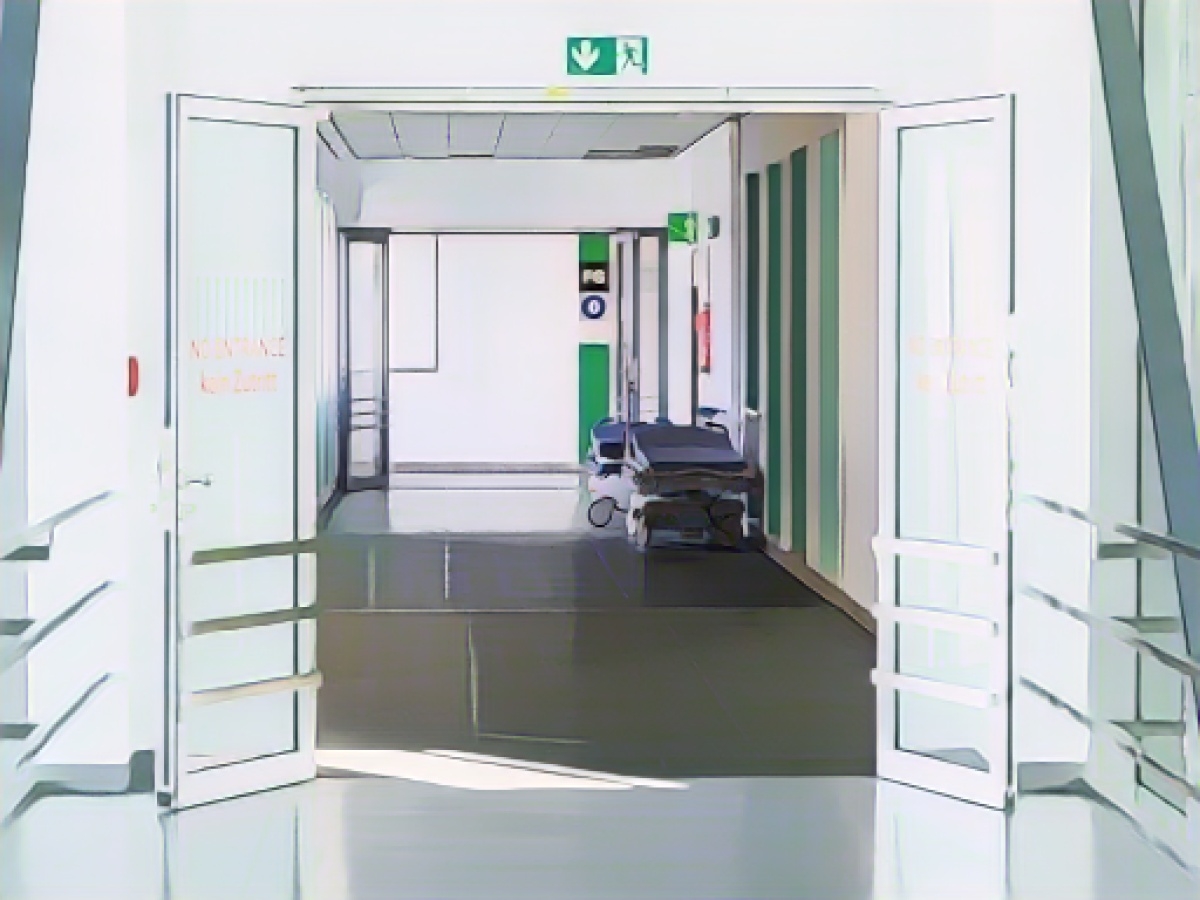Hospital Financial Relief and Reform: A CDU/CSU and Federal States Agenda
In preparation for the Minister Presidents' Conference, CDU/CSU parliamentary group leaders are advocating for immediate financial aid for hospitals. Recently, a paper from the CDU/CSU parliamentary group conference, the federal government, and the federal states suggested relieving hospitals of operating costs promptly, even before the hospital reform expected by the "traffic light" coalition.
The call for financial aid comes as hospitals have long pressed for assistance before significant reforms – the main reasons being inflation-induced cost hikes. Lately, the state premiers have added their voices, requesting an emergency five billion euro aid package from the federal government to keep financially struggling clinics afloat by the year's end.
CDU parliamentary group leader Manuel Hagel (Baden-Württemberg) and CSU parliamentary group leader Klaus Holetschek are among the advocates seeking billions in emergency aid and additional powers for the federal states after the hospital reform.
On Monday, the 16 heads of government of the federal states will assemble with Federal Chancellor Olaf Scholz to discuss refugee policy, the debt-financed Deutschlandticket, and hospital reorganization. With approximately 1900 hospitals across Germany boasting over 480,000 beds, the need for swift action is pressing.
Situational Context
The German healthcare scene is grappling with challenges amid demographic modifications, economic setbacks, and escalating costs. Smaller hospitals, in particular, struggle to maintain care standards due to financial constraints; they often lack the resources to purchase new equipment.
The planned hospital reform – launched on November 22, 2024 – seeks to alleviate financial pressures on hospitals while improving their quality and efficiency. This reform, however, poses concerns for health insurance providers, who must manage deficits. The reform entails:
- A transformation fund, totaling 50 billion euros, to be developed as of 2026–2035 to facilitate hospital investments.
- Annual mandatory contributions to be shouldered jointly by federal and state contributions, requiring health insurance funds to contribute 2.5 billion euros annually over the next decade.
Proposed Solutions
- Transformation Fund: The government aims to create a transformation fund to support hospital investments. Equal contributions from the federal and state budgets aim to ease financial pressures on hospitals.
- Health Insurance Contributions: The government's stance on insurance contribution modifications coincides with potential legal challenges from health insurance providers and social welfare organizations, who argue that contributions should sustain services exclusively for insured individuals.
- State Budget Funding: Some advocates argue for funding from the general state budget instead of health insurance contributions to cover broader societal gains from the reform.
- Legal Challenges: The unclear implications of insurance contribution modifications may spur legal disputes between insurance providers and social welfare organizations.
The proposed solutions, namely the transformation fund and annual contribution allocation, face challenges from various stakeholders, making for a complex hospital reform push.








